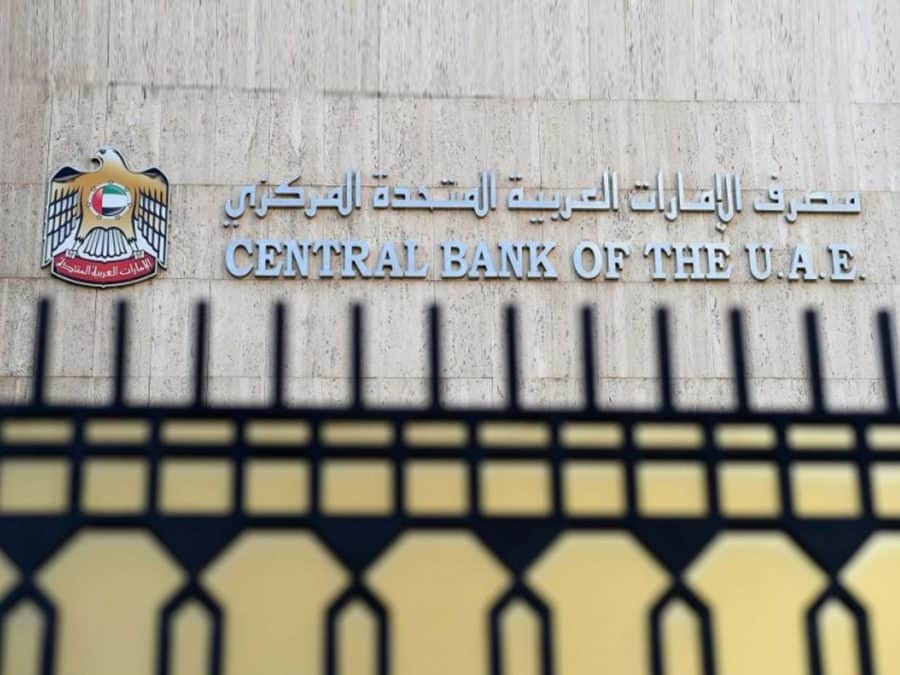Dubai, UAE– Several central banks in the Middle East increased their key interest rates on Wednesday after the Federal Reserve’s decision to raise its rate by 25 basis points (bps), citing still-elevated inflation as a rationale for the latest hike. The Fed left the door open to another increase.
Oil and gas exporters in the Gulf tend to follow the Fed’s lead on rate moves as most regional currencies are pegged to the US dollar; only the Kuwaiti dinar is pegged to a basket of currencies, which includes the dollar.
The Central Bank of the UAE (CBUAE) raised the base rate applicable to the overnight deposit facility (ODF) by 25 basis points – from 5.15 to 5.40 percent, effective from Thursday, 27th July, 2023.
The CBUAE also has decided to maintain the rate applicable to borrowing short-term liquidity from the CBUAE through all standing credit facilities at 50 basis points above the Base Rate.

The base rate, which is anchored to the US Federal Reserve’s IORB, signals the general stance of the CBUAE’s monetary policy. It also provides an effective interest rate floor for overnight money market rates in the UAE.
The Saudi central bank, known as SAMA, also increased key rates by 25 basis points on Wednesday, it said in a statement, following the Federal Reserve’s move to raise US interest rates by a quarter of a percentage point.
The repo rate was increased to 6 percent and the reverse repo rate was raised to 5.5 percent, the central bank statement said.
However, regional economies have been largely shielded from stubbornly high inflation, and inflation in the region is expected to be between 2.1 percent and 3.3 percent this year and fall lower in 2024.
Qatar, Kuwait and Bahrain also mirrored the Fed move, although the latter left two rates out of four unchanged.
Qatar also increased its main rates by 25 bps, taking the lending interest rate to 6.25 percent, the deposit interest rate to 5.75 percent and the repo rate to 6 percent, while Bahrain raised the one-week deposit rate to 6.25 percent and the overnight deposit rate to 6 percent.
The Central Bank of Kuwait increased its discount rate by 25 bps to 4.25 percent from 4 percent, and said in a statement it wants to remain supportive of economic growth, particularly in non-oil sectors.
The Central Bank of Bahrain also raised its key policy interest rate on the one-week deposit facility from 6.00% to 6.25%.
The overnight deposit rate has also been raised from 5.75% to 6.00%, while the four-week deposit rate and lending rates have been maintained at 6.75% and 7.00%, respectively.
The central bank will closely monitor global and local market developments to maintain monetary and financial stability in the Kingdom.
The rate hike decisions come as central banks worldwide grapple with the challenge of controlling inflationary pressures and maintaining economic stability.
With inflation rates remaining above targets in several countries, central banks are taking precautionary measures to address the situation while closely monitoring economic developments to ensure a soft landing for their economies.
Investors and markets will be closely watching how these measures impact inflation and economic growth in the respective countries.








